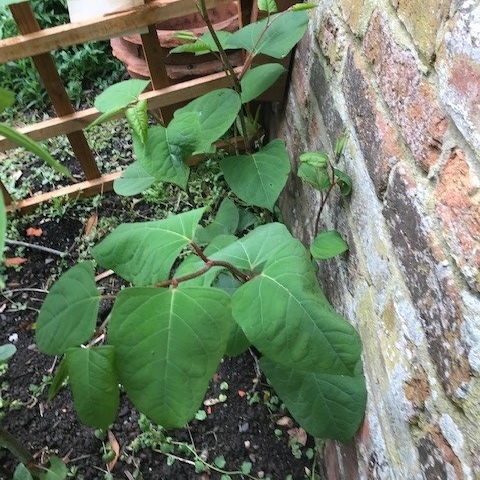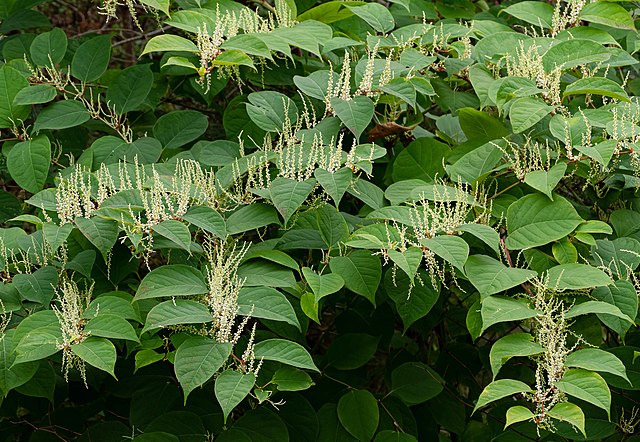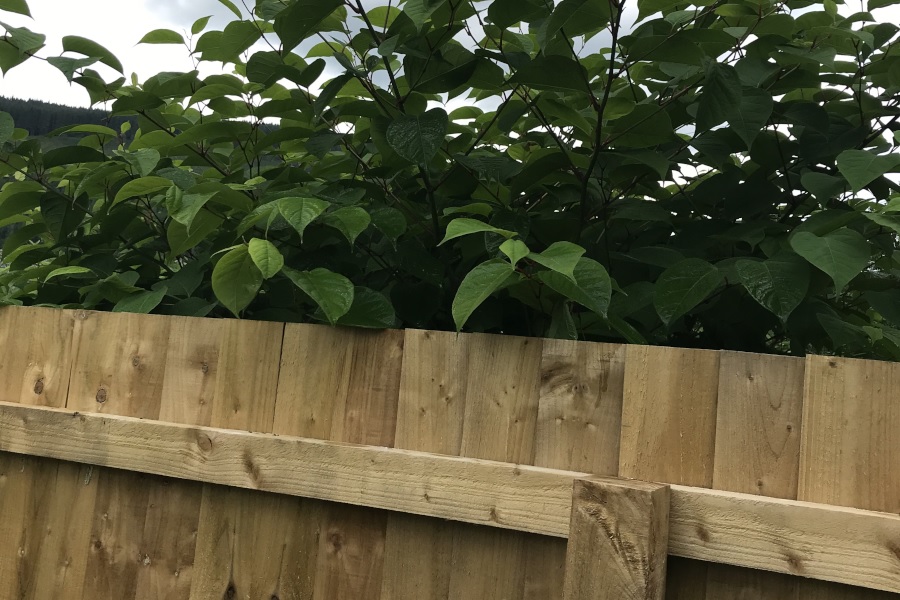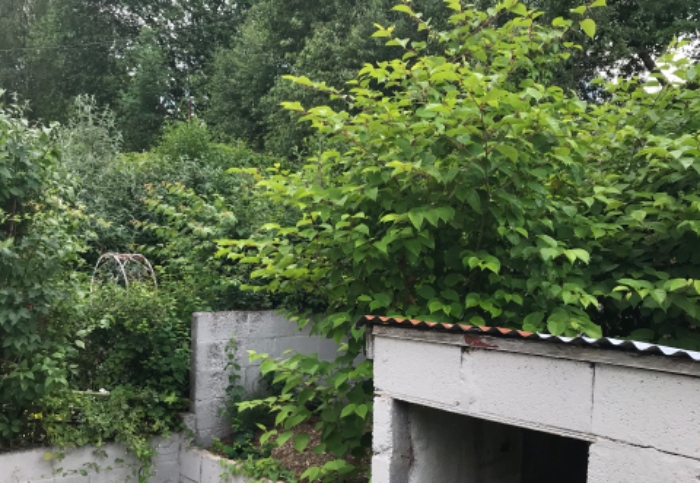
SHORT ANSWER: Yes, you must declare Japanese knotweed when selling a house. Failure to do so can result in legal action from the buyer.
More...

Japanese knotweed can decrease a property’s value by up to 20%, but the actual impact varies on a case-by-case basis. If only a small stand is present, the property value may only decrease by 5%. A larger infestation, however, could completely devalue a property!
More...

Japanese knotweed is a highly-invasive plant, growing so quickly it outcompetes others wherever it takes root. Landowners who fail to keep it under control risk serious fines, as Transport for Wales found out earlier this year.
More...

Japanese knotweed on your property is a problem, but this invasive plant can also pose a problem if it's growing near your property. RICS guidance states that a mortgage valuer, when surveying a property for Japanese knotweed, must report any knotweed found within 3 metres of the property boundary to the lender (which can complicate the process of buying or selling the property in question).
More...

Japanese knotweed and residential properties have been in an ongoing battle against one another since the emergence of knotweed in the 1850s. The UK is forecasted to host over 28.4 million households by the end of 2023, so how can we expect Japanese knotweed to make an impact on our residential properties in the future?
More...
